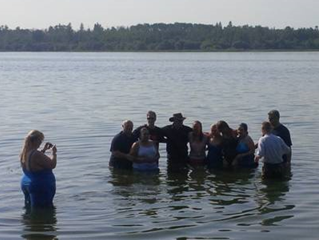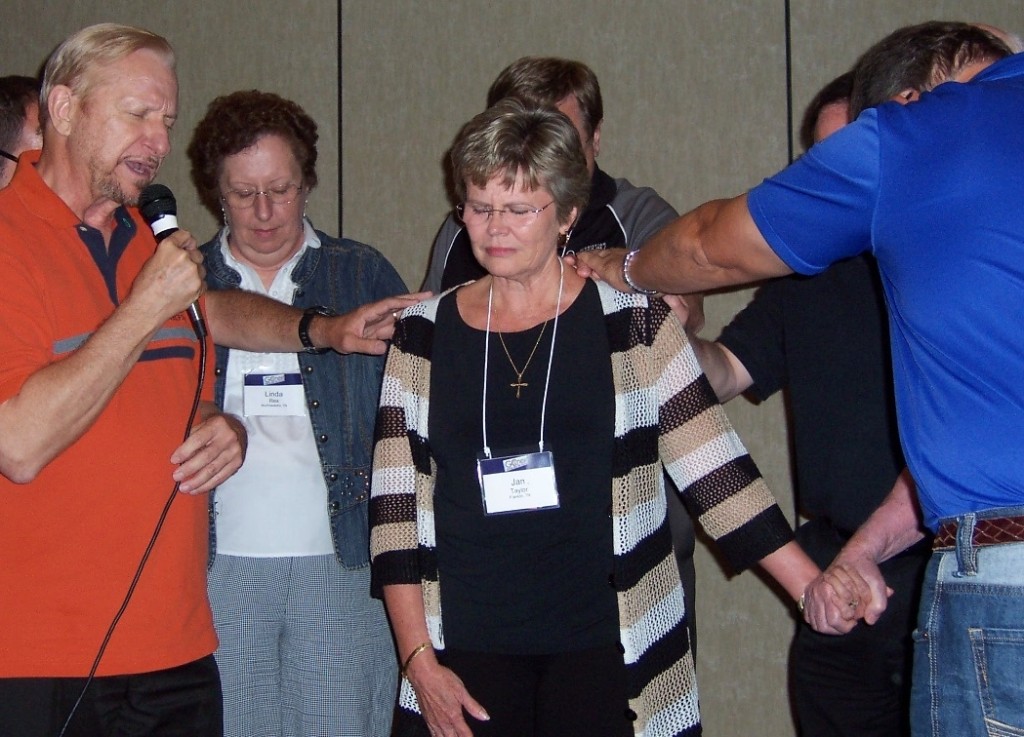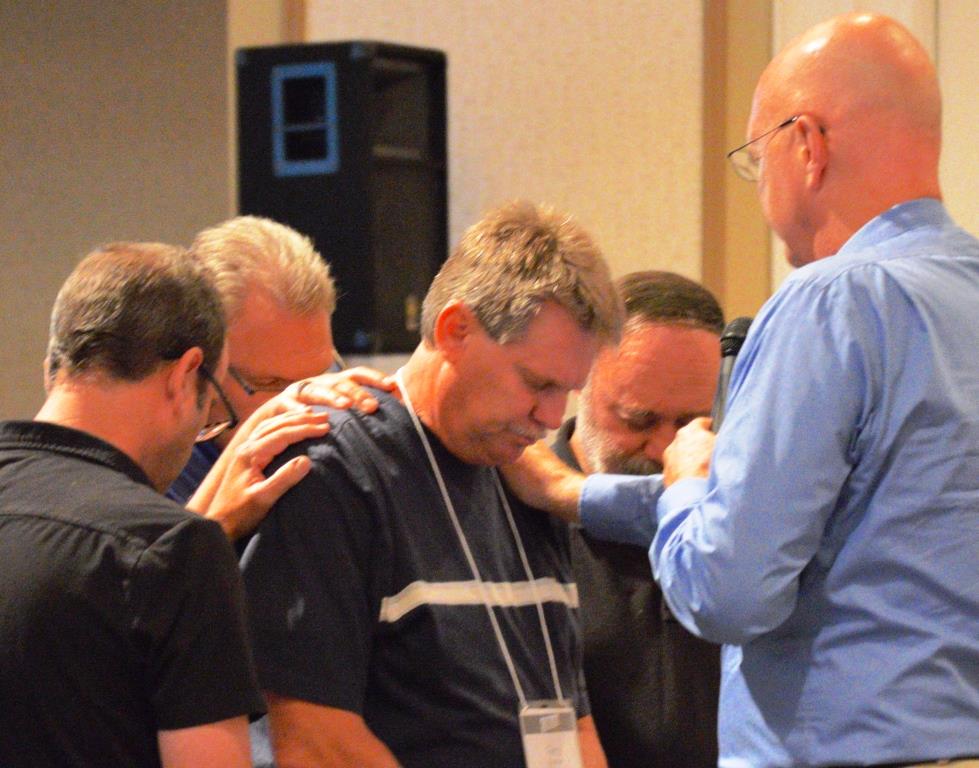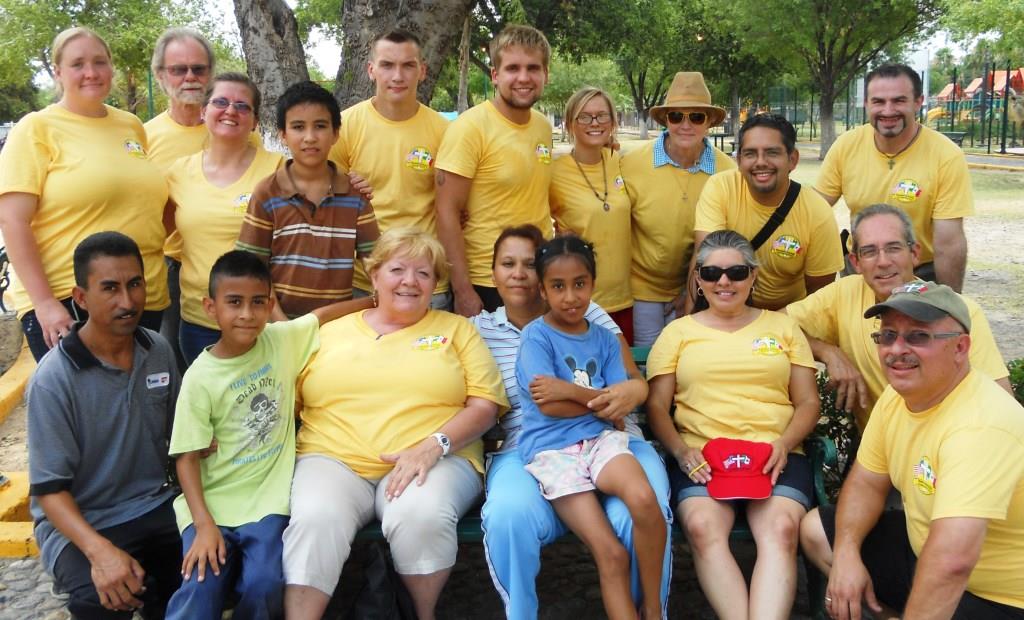Dear Brothers and Sisters in Christ,
 I’m sure you’ve heard it said that most wars have been caused by religion. This statement has been repeated so often that few question its validity. But even cursory research shows that it is not true. For example, one researcher evaluated a list of wars published in Wikipedia and found that only 14 of the 126 wars listed were started for religious reasons. Another examined the horrific murders perpetrated by dictators during the 20th century and found that few if any of these despots were motivated by religion (for an illustrative chart go to https://update.gci.org/wp-content/uploads/2014/07/religious-wars.jpg). [1]
I’m sure you’ve heard it said that most wars have been caused by religion. This statement has been repeated so often that few question its validity. But even cursory research shows that it is not true. For example, one researcher evaluated a list of wars published in Wikipedia and found that only 14 of the 126 wars listed were started for religious reasons. Another examined the horrific murders perpetrated by dictators during the 20th century and found that few if any of these despots were motivated by religion (for an illustrative chart go to https://update.gci.org/wp-content/uploads/2014/07/religious-wars.jpg). [1]
Of course, religion has been the root cause in some wars and a contributing factor in others. But claiming that religion is the cause of most wars is simply wrong. Making such a claim is often part of an effort to disparage religion in general and Christianity in particular. Thankfully, some authors are more careful with the facts. Note what anthropologist Scott Atran wrote in “God and the Ivory Tower” in FP magazine:
The chief complaint against religion—that it is history’s prime instigator of inter-group conflict—does not withstand scrutiny. Religious issues motivate only a small minority of recorded wars. The Encyclopedia of Wars surveyed 1,763 violent conflicts across history; only 123 (7 percent) were religious. A BBC-sponsored “God and War” audit, which evaluated major conflicts over 3,500 years and rated them on a 0-to-5 scale for religious motivation (Punic Wars = 0, Crusades = 5), found that more than 60 percent had no religious motivation. Less than 7 percent earned a rating greater than 3. There was little religious motivation for the internecine Russian and Chinese conflicts or the world wars responsible for history’s most lethal century of international bloodshed.
Note also what Charles Phillips and Alan Axelrod wrote in the Encyclopedia of Wars:
Wars have always arisen, and arise today, from territorial disputes, military rivalries, conflicts of ethnicity and strivings for commercial and economic advantage, and they have always depended on, and depend on today, pride, prejudice, coercion, envy, cupidity, competitiveness, and a sense of injustice. But for much of the world before the 17th century, these “reasons” for war were explained and justified, at least for the participants, by religion.
Note that what Phillips and Axelrod conclude from their study of history lines up with what we find in the New Testament concerning the root cause of war:
What causes quarrels and what causes fights among you? Is it not this, that your passions are at war within you? You desire and do not have, so you murder. You covet and cannot obtain, so you fight and quarrel. You do not have, because you do not ask. You ask and do not receive, because you ask wrongly, to spend it on your passions (James 4:1-3, ESV).
These human tendencies war against the “great commandments” of the Law of Moses to love God and to love people (Matthew 22:36-40), and against the command of Jesus: “A new commandment I give to you, that you love one another: just as I have loved you, you also are to love one another” (John 13:34, ESV). As Christians, we seek Jesus’ own love and his peace, not war. Jesus said this to his followers, “Peace I leave with you; my peace I give to you. Not as the world gives do I give to you” (John 14:27, ESV). In his writings, Paul exhorted Christians to live Jesus’ way of love and peace: “Do not be overcome by evil, but overcome evil with good” (Romans 12:21, ESV). “Always seek to do good to one another and to everyone” (1Thessalonians 5:15, ESV).
Sadly, love and peace have been rejected by many, and war has resulted. People (including Christians) are not perfect and they make mistakes and have fought in battles and wars that they should have avoided. But, it is far from the truth that religion in general, and Christianity in particular, has been the root cause of most wars. Christianity preaches and lives the message of love and peace, and whenever it fails, it knows it must seek forgiveness and turn back to seeking after justice and reconciliation and making peace. Let us be ambassadors of God’s love and peace in this war-torn world.
Sharing with you the life and ministry of the Prince of Peace,
Joseph Tkach
P.S. If you would like to read more about this topic, here are two helpful books:
- The Gods of War: Is Religion the Primary Cause of Violent Conflict? by Meic Pearse.
- Holy War in the Bible: Christian Morality and an Old Testament Problem by Heath A. Thomas, Jeremy Evans and Paul Copan, editors.
___________
[1] Chart downloaded from imgur (http://i.imgur.com/eyUnc.jpg[/IMG]). The chart summarizes information posted at http://popten.net/2010/05/top-ten-most-evil-dictators-of-all-time-in-order-of-kill-count/.











